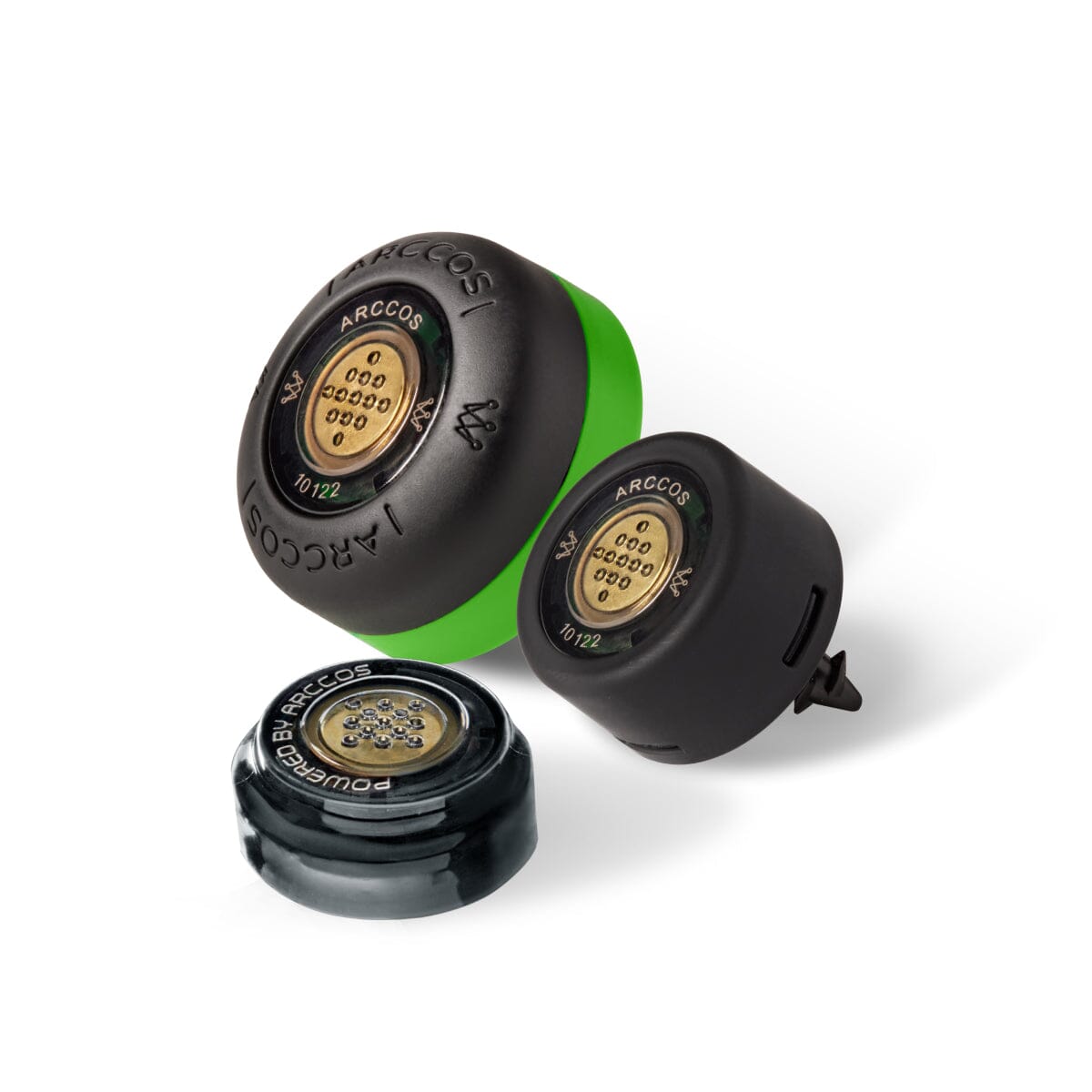
Seasons are changing, and your golf game should too! Spring and Autumn are transitional seasons that mark the beginning and end of the golf season in most regions of the world.
While right now it is easy to be jealous of the Aussies and South Africans kicking off the start of their seasons, for those in the Northern Hemisphere it isn’t time to pack up your clubs just yet. With autumn crashing into our calendars seemingly out of nowhere, there is still plenty of time left in the season to squeeze in some rounds on the course.
Transitional seasons are the perfect time to get in the ‘self-help’ mindset and start preparing your game for the on or off season by setting your goals for the near future. Whether you are coming into your season or out of it, there are many ways you can set your intentions now, to ensure your success for when you are on the course.
Related: Feature For Better Fall Golf
Breaking Down Your Data
Understanding your performance and setting goals to improve on very specific aspects of your game is guaranteed to bring you more success. By understanding your performance metrics in detail, you can begin to set micro-goals that ladder up to bigger goals for your game. Fall golf is a perfect time to set small goals about how you want to end your season with a few last little ‘wins’.
Leverage your personalised Strokes Gained Analytics to determine where your simplest improvements are while being realistic about your timeline. Some great short term goals can be based around specific facets such as:
- Reducing your three-putts in your next couple rounds
- Reducing your number of lost balls (those fallen leaves can make this trickier than you might anticipate)
- Improving your fairway% off the tee
- Or as simple as scheduling a lesson and holding yourself to it
If you’re starting out your season, you can look at your previous season and establish what goals you have to focus on to help you shake off any residual off-season ‘rust’. You can set micro-goals to get you warmed up for your season and help you get off on the right foot.
Establish a Game Plan
If you are wrapping up your golf season, you can evaluate where your strengths and weaknesses throughout your season were, and establish an off-season training plan to help you improve in specific areas so that your problems this season won't also be your problems next season.
Most folks don’t have full simulators in their houses to practice year round, but that’s where capitalising on short game improvements are much easier to do indoors at home. Practicing your short game should be a year-round endeavour.
Some basics to consider when figuring out what your plan is for your next “season”:
- Are lessons a part of your strategy?
- Playing is not the same as practicing?
- Are there any indoor simulator leagues accessible to you? (launch monitor stats can be helpful any time)
- How do you plan on prioritising your improvement plan?
- Can your plan just be to maintain your fitness vs executing golfing drills? (*cue seeing people on a treadmill carrying their golf bags*)
Establishing your plan is important, and many folks swear by writing down their goals. Writing down your plan is a good first step to helping it come to fruition. If you work regularly with a teaching professional, this is a good thing to review with them so they can help guide you to success. Commit to your improvement, by marking your calendar or working with a buddy to help you with your accountability.
Focus on the Positives
Even if your post or pre-season routine doesn’t include a ton of range time or rolling putts, there are great ways to get in the right mindset for your game. Golfers tend to focus on the negatives of their game and where they gave up strokes VS what they did right. Go easy on yourself, and remember that golf is a mental game more than anything. So if you can have a more positive outlook on your performance, you're more likely to have better results.
Manage your own expectations better by trying to be positive about your transitional seasons. With weather changing your game also changes. Arccos makes it easy to compare your performance from a tour player to a 20 HCP. Set your strokes gained comparison to a HCP within a couple strokes to help give you realistic goals and ultimately more positive results as you transition into the seasons.
If you need some inspiration to ‘manage your expectations’, subscribe to our YouTube page to get the latest instalments of the Golf Today segment to help golfers make better decisions on the course and not get sour if they aren’t playing like the pros!






Share:
Strokes Gained Is Your Secret Weapon To Improvement
Is Laying-Up Helping or Hurting Your Golf Scores?